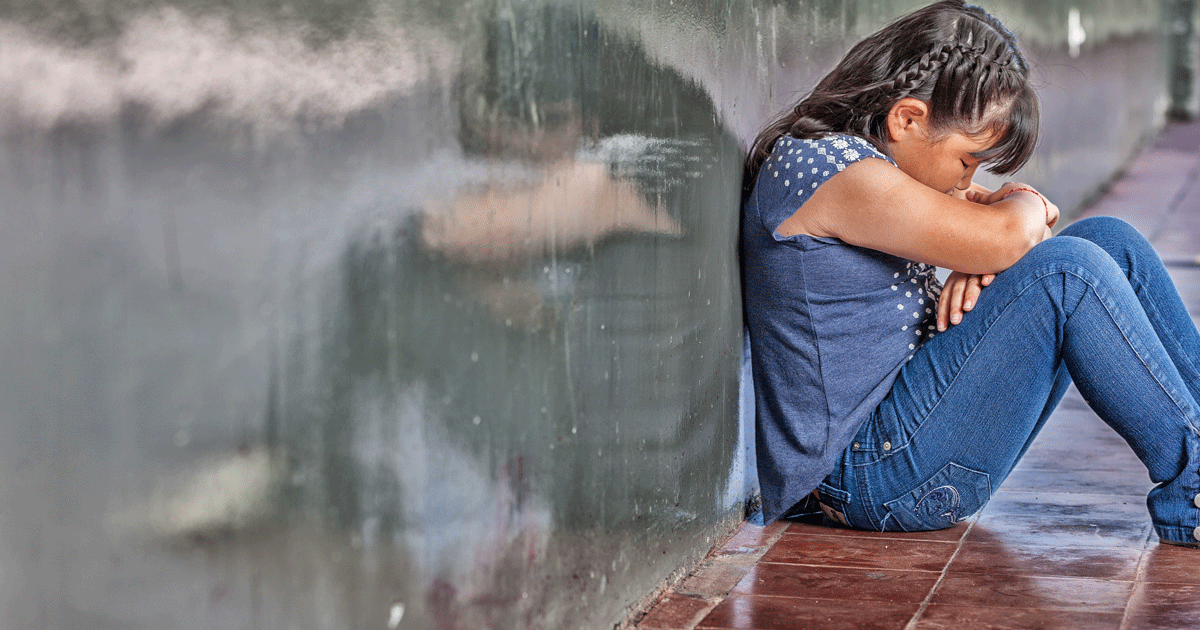In recent blog, I wrote about the importance of grit and growth mindset – the belief that hard work can trump a person’s perceived innate intellectual abilities – for K-12 students who hope to succeed in college.
But Atlantic Monthly writer Aisha Sulton describes how Tyrone C. Howard, UCLA associate dean for equity and inclusion, questions the emphasis on grit and growth mindset in schools where students often grapple with toxic stress levels. Howard believes that many educators and schools lack the training to recognize the impact of trauma and stress on cognitive development and academic outcomes.
The transformative potential in growth mindsets and social-emotional skills such as grit may be more applicable to students whose basic needs are already met. When asking the question of why some children succeed in school and others don’t, (Howard) said the educators and administrators tend to overestimate the power of the person and underestimate the power of the situation.
Since the 1940s, social scientists have recognized Maslow’s Hierarchy of Needs as a framework to understand human development. In Maslow’s theory, humans will fulfill basic needs related to their physical comfort and safety before they focus on developmental goals like self-actualization.
In other words, it’s very difficult to expect a child to prioritize developing strong academic habits when he or she has an empty stomach, an insecure housing situation or traumatic or stressful life experiences. That doesn’t mean we give up on pushing for rigorous curricula, even in schools where toxic stress is endemic. It simply means that students at these schools must be armed with both strong academic habits and a support system to help them navigate toxic stress.
We at Michigan Future Inc. believe Michigan leaders should focus on three key policy areas to help our state thrive in the modern economy: boosting educational outcomes for Michiganders; creating vibrant cities that attract and retain talented workers and strengthening the social safety net to protect those who will inevitably be vulnerable in a knowledge-based economy. These goals often overlap. We cannot reasonably expect most children whose basic needs are not met or life’s experiences are traumatic or toxically stressful to succeed in school without meaningful intervention.
The fate of students at schools with toxic stress levels will depend on the ability of educators and policymakers to provide resources and energy to efforts to help them both succeed in school and thrive in life.







